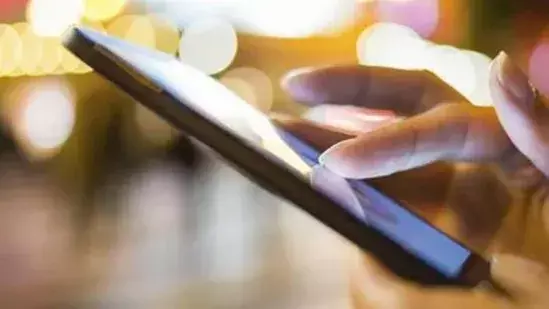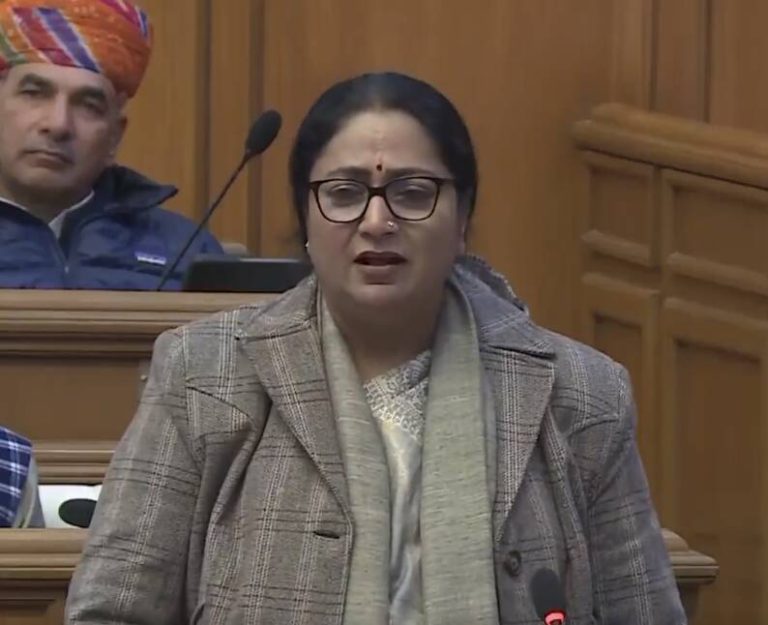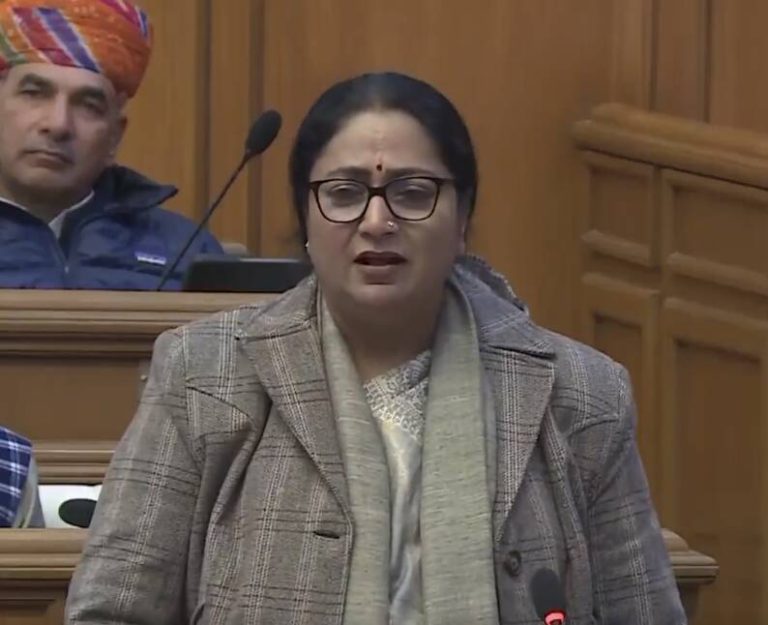
Why should people not share phone numbers with shopkeepers after a purchase?
In today’s digital age, it’s common for shopkeepers to ask for your phone number after a purchase, often under the guise of providing loyalty points or e-receipts. However, this seemingly harmless request can lead to a plethora of problems, including data misuse, spam messages, and unwanted calls from unknown brands. If you’ve ever wondered why you receive sudden spam messages, calls from unknown brands, or delivery updates for orders you never placed, it may be because your phone number has been misused.
When you share your phone number with a shopkeeper, you may think that it’s just for the purpose of receiving loyalty points or e-receipts. However, in reality, your phone number can be used for a variety of purposes, often without your consent. For instance, the shopkeeper may sell your phone number to third-party companies, which can then use it to send you spam messages or make unwanted calls. This can be not only annoying but also a serious invasion of your privacy.
Moreover, if you start receiving receipts or loyalty updates from outlets you’ve never visited, it’s a clear indication that your data has been pooled, sold, or accessed without your consent. This is a serious concern, as it can lead to identity theft, financial fraud, and other forms of cybercrime. In fact, according to a report by News18, many Indian shoppers are giving away too much data for too little in loyalty points, which can have serious consequences.
So, why do shopkeepers ask for your phone number in the first place? The answer is simple: to collect data. By collecting phone numbers, shopkeepers can build a database of customers, which can be used for targeted marketing, sales, and other purposes. However, this data collection can often be done without the customer’s consent, which is a serious violation of their privacy.
In addition to data misuse, sharing your phone number with shopkeepers can also lead to a range of other problems. For instance, you may start receiving unwanted calls or messages from telemarketers, which can be not only annoying but also a waste of your time. Moreover, if your phone number falls into the wrong hands, it can be used for phishing scams, identity theft, and other forms of cybercrime.
So, what can you do to protect yourself from data misuse and other problems associated with sharing your phone number with shopkeepers? The answer is simple: don’t share your phone number unless it’s absolutely necessary. If a shopkeeper asks for your phone number, politely decline and ask if there’s an alternative way to receive loyalty points or e-receipts. You can also ask the shopkeeper to explain how your phone number will be used and what measures they have in place to protect your data.
In conclusion, sharing your phone number with shopkeepers after a purchase can lead to a range of problems, including data misuse, spam messages, and unwanted calls from unknown brands. To protect yourself from these problems, it’s essential to be cautious when sharing your phone number and to only do so when it’s absolutely necessary. By being mindful of your data and taking steps to protect it, you can avoid the risks associated with sharing your phone number and keep your personal information safe.






